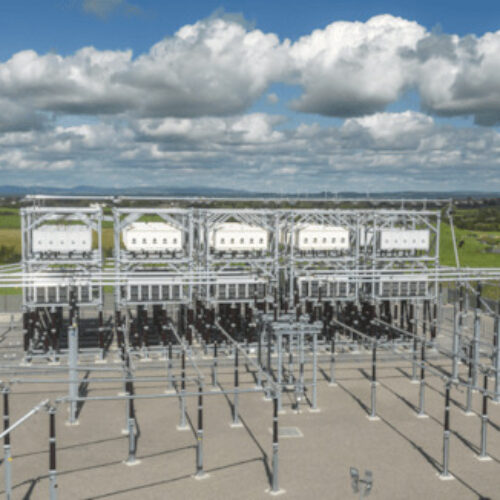Cornwall Insight has released its final predictions for October’s Default Tariff Cap showing that a typical household will be paying £3,554 equivalent per year for their energy bills.
This is slightly below previous estimations, which indicated the average household could pay £3,582, however it still indicates a rise by over £200.
The increase reflects both continued volatility in the wholesale market in the intervening period and a change to the calculation methodology set by Ofgem.
Ofgem is due to announce its October Default Tariff Cap on Friday 26 August and as such, the observation window for Q4 – the period of time Ofgem use to monitor the market and calculate the cap – has now closed.
Cornwall Insight has also released forecasts for 2023 with an increase of 15% expected reflecting wholesale prices in the last week. However, due to the current market being extremely volatile, these figures could significantly change in the coming months.
“While the energy price cap rise in April was already an unprecedented increase in domestic consumer energy bills, our final predictions for October are truly concerning,” said Dr Craig Lowrey, principal consultant at Cornwall Insight.
“With the cost-of-living spiralling and households looking at an energy bill rise of over £1,500 equivalent per year, it is difficult to see how many will cope with the coming winter.”
Along with significantly impacting households across the country – with 50% expected to fall into fuel poverty – Cornwall Insight recently released new analysis indicating some businesses will face energy bills five times higher than they’re currently paying from October, raising concern around the number of businesses that may be forced to shutter due to bills.
The price cap could pass £4,200 come January following a number of changes made by the regulator Ofgem, according to analysis from Investec’s Martin Young.
All eyes will now be on the announcement by Ofgem on 26 August, and the government as calls for further support measures continue to grow.
High wholesale prices led to nearly 30 suppliers collapsing between September 2021 and July 2022, along with Bulb entering Special Administration. The increase in the cap to reflect the continued high prices is designed to help suppliers recoup the cost of wholesale prices from customers, therefore allowing them to to continue to operate, without their profits growing beyond 1.9%.





